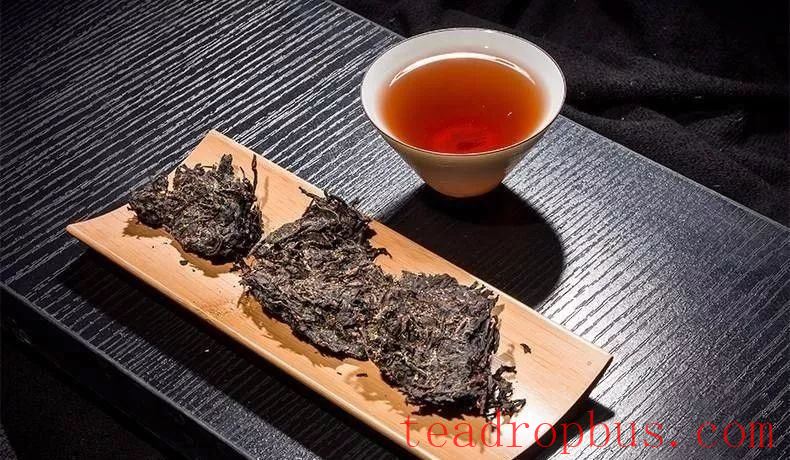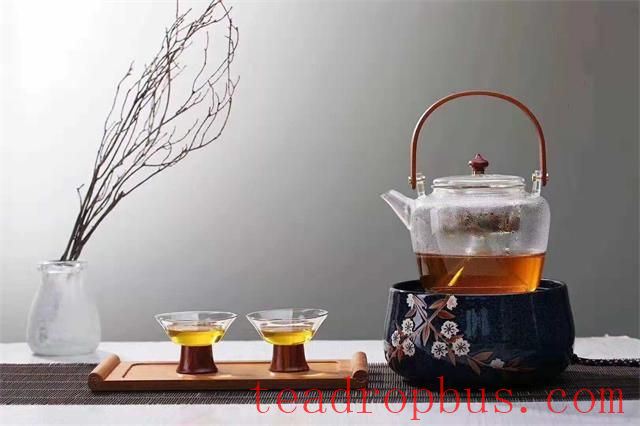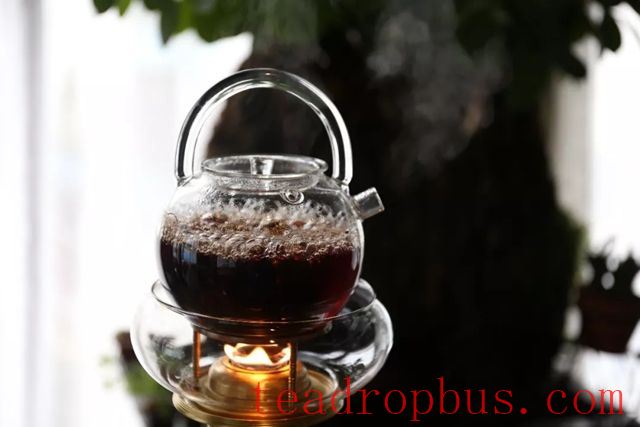Aged Pu'er Tea can be distinguished between new and aged varieties. New and aged teas differ in terms of their age, the substances they contain, and their taste.

New aged teas generally refer to those that are up to one year old. Since these teas have not undergone a significant period of transformation following the pile fermentation process, they retain a noticeable pile flavor. Additionally, new aged teas straight from the pile still possess residual heat, making them hot and dry in nature, which can lead to overheating when consumed.
Moreover, within one year, the tea's nature is not yet stable, and some of its components remain relatively active. At this stage, the tea soup appears cloudy and has an unsatisfactory taste. If boiled, the high water temperature makes it difficult to control the flavor of the tea, leading to overly concentrated brews that are not beneficial to our health.

Therefore, considering the characteristics, taste, and health implications of new aged teas, it is not advisable to boil them for drinking.
Aged Pu'er teas that have been stored and transformed for over five years can be considered aged teas. After years of transformation, the tea becomes mild, with a pure aged fragrance, and the pile flavor and heat sensation have largely dissipated. At this point, the tea reaches an optimal tasting phase.
To enjoy aged teas, higher water temperatures are required to release the tea's aroma and internal substances, resulting in a richer, smoother, and more satisfying flavor.
Therefore, considering the characteristics and taste of aged teas, boiling them for consumption is more appropriate.

However, when boiling aged Pu'er teas, it is important not to directly boil the dry leaves. Instead, begin by brewing and drinking the tea. Once you reach around the eighth infusion, then you can proceed to boil the tea. If you choose to boil the dry leaves directly, the internal substances will be released too quickly, leading to an overly concentrated tea soup with an unsatisfactory taste.
If you must boil the dry leaves, use less rather than more. A recommended ratio is 1:100 (one gram of tea per 100 ml of water).